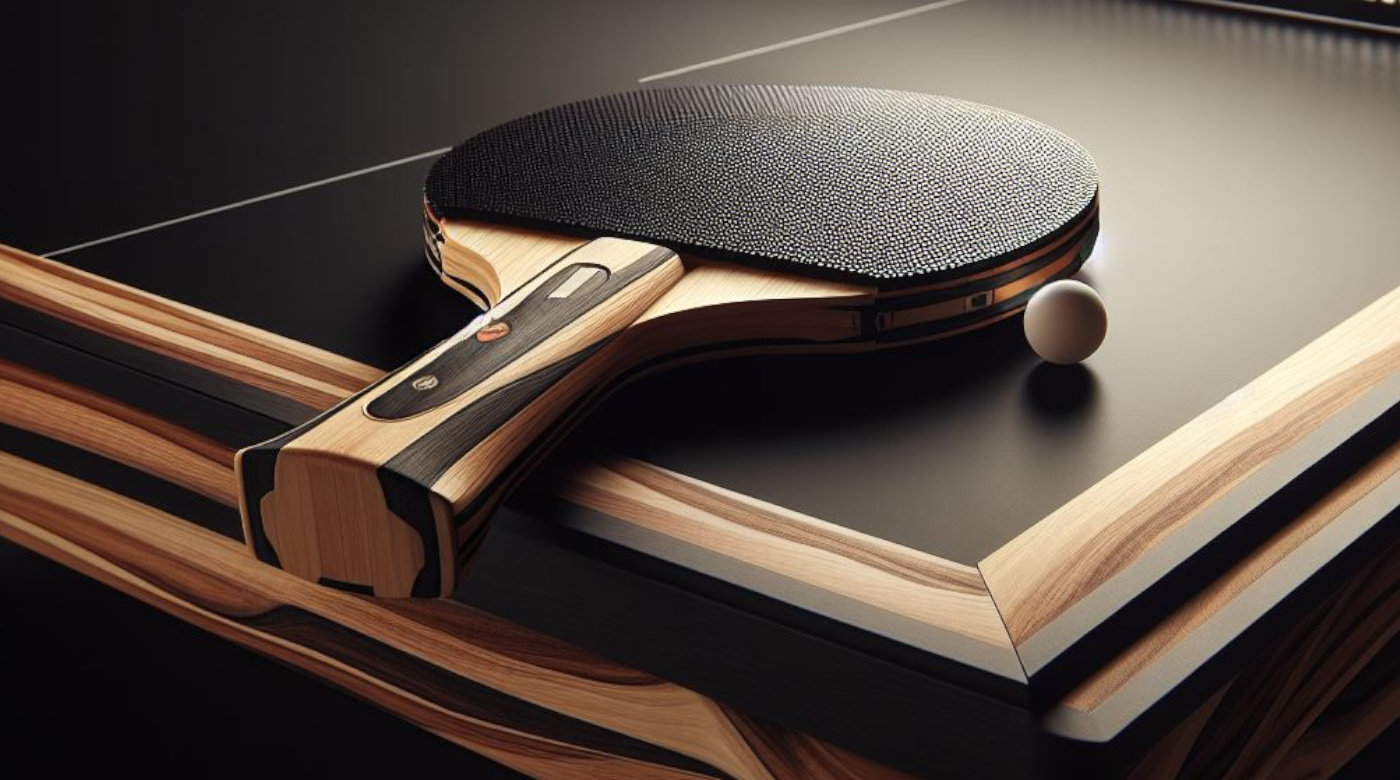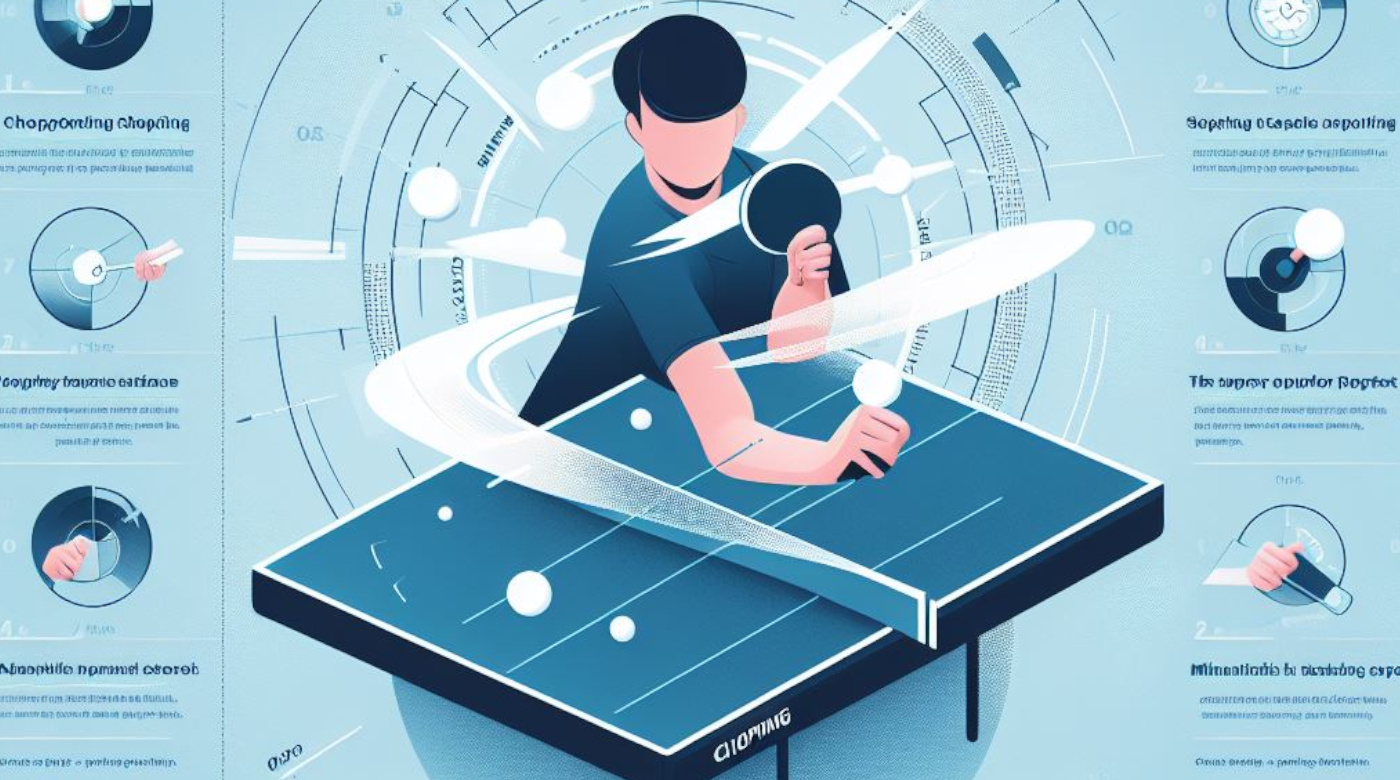Table Tennis Coach: The Essential Coach for Players’ Success
The table tennis coach plays a fundamental role in the development of players, whether they are beginners or professionals. He is responsible for guiding athletes, perfecting their techniques, broadening their tactical knowledge, and strengthening their mental game. In this article, we will explore in detail the various responsibilities and qualities of a table tennis coach.
The Role of Table Tennis Coach
A table tennis coach is much more than just an observer or instructor; he is a mentor, advisor, and constant source of motivation. His main goal is to maximize the potential of each player while cultivating a pedagogical and positive approach. By working on multiple aspects of the game, he allows athletes to progress and adapt to increasingly complex situations on the field.
Technical Teaching: The Foundation of the Game
The technical aspect is at the heart of a table tennis player’s training. The coach must teach the fundamental movements and ensure that players master basic strokes flawlessly. Among the essential techniques are:
Service: The coach must guide the players on how to serve accurately and strategically. A good service is crucial to gain an advantage at the beginning of a rally.
Topspin: This technique allows creating spin on the ball, making the stroke harder to return for the opponent.
Block: The block is an effective defense against the opponent’s powerful attacks. The coach must help the player stay calm and place the ball strategically.
Push: This shot helps maintain a controlled game while looking for attacking opportunities. The coach should teach precision and consistency in this shot.
Tactical Development: Analyzing the Game
A good table tennis coach doesn’t just teach techniques. He also works on the tactical aspect of the game. Understanding game strategies is essential to succeed at the highest level. The coach’s responsibilities include:
Analyzing opponents: The coach observes the strengths and weaknesses of the opponent, advises on the best ways to exploit these weaknesses, and adjusts the strategy based on the opposition.
Ball placements: Knowing where and when to place the ball is crucial to gain an advantage. The coach works with the player to perfect their ability to choose the best zones on the table to place the ball.
Shot variations: The coach teaches players to vary their game, alternating between powerful strokes and subtler shots, to make their game unpredictable.
Physical Preparation: Enhancing Athletic Abilities
Although table tennis is a technical sport, physical condition also plays a major role in performance. The coach sets up physical training programs tailored to:
Improve endurance: Table tennis requires great endurance, as players must maintain high concentration over long periods. The coach introduces endurance exercises to help players last throughout the matches.
Develop speed and reactivity: Table tennis is a sport where reaction speed is crucial. The coach includes quick reaction exercises, direction changes, and coordination drills.
Specific muscle strengthening: The coach advises on strengthening muscles used in table tennis, notably the legs, core, and arms.
Mental Preparation: Building Confidence and Resilience
Mental plays a critical role in table tennis players’ performance. A competent coach helps his players manage pressure and stay focused. This includes:
Stress and emotion management: The coach teaches players to remain calm, even in tense moments. Relaxation and breathing techniques are often used.
Concentration: Table tennis demands constant focus and iron concentration. The coach works with players to improve their ability to stay focused on the game, without getting distracted by past mistakes or disruptions.
Building confidence: The coach must help players build self-confidence. This includes encouragement after mistakes, highlighting progress made, and setting achievable goals.
Monitoring and Evaluation: Continuous Improvement
A good table tennis coach regularly tracks his players’ progress. It’s important to:
Observe performances in competitions and training: The coach takes notes on each player’s strengths and weaknesses to target areas for improvement.
Provide constructive feedback: The coach offers positive and constructive critiques so that the player can improve without getting discouraged. This feedback is essential for long-term performance enhancement.
Set clear goals: The coach helps the player establish realistic and measurable goals, whether it’s improving a technical, tactical, or mental aspect.
Header Image: “Table Tennis Coach” by Mamba Blades



